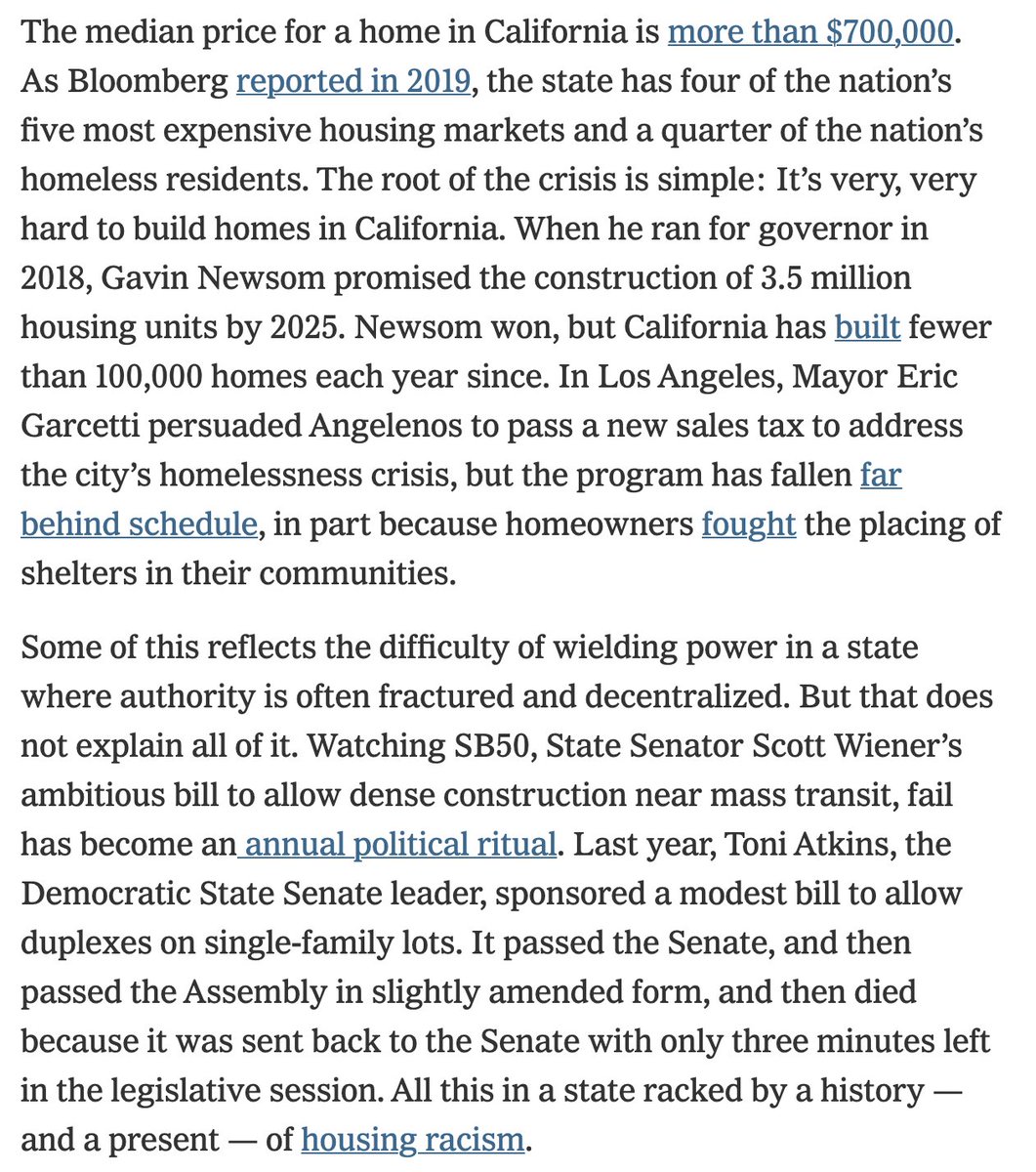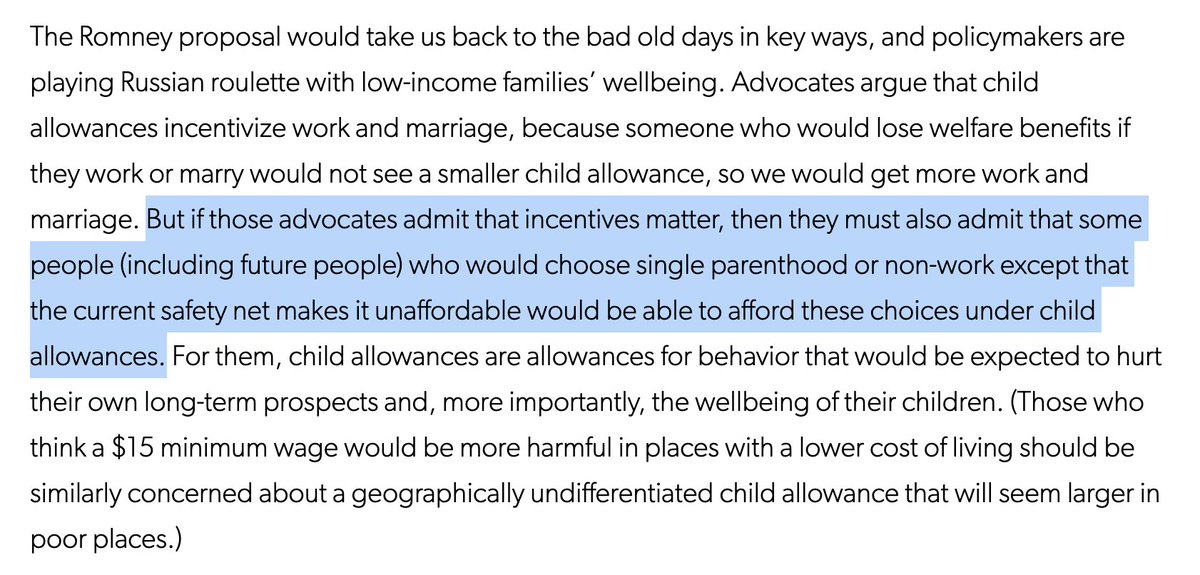
Wait, am I reading @kdrum's mind or is he reading mine? At any rate, this is pretty close to my thinking on the political path, and to the long-term scenario I fear. jabberwocking.com/in-2040-we-wil…
I'd only add — and this is something I took from "The Ministry For The Future" — that it's a mistake to extrapolate our current level of political apathy too far forward. At some point, some set of calamities will sharply change the reaction in specific countries.
Geoengineering is one possible response, including countries going it alone. But so too is largescale eco-violence, either by state or non-state actors. And I'm persuaded that there could be financial crises to come, that would also change the politics here in unpredictable ways.
But like @kdrum, I think all of this will happen too late to keep temperate rise under 2 degrees, so we either need technological solutions — and we should pump gobsmacking amounts of money into trying to find them — or we're going to end up facing truly horrible choices.
This is one reason I support seriously funding geoengineering research now. These are not solutions I want to use. But if we end up without better choices, I want to know as much as possible about them, and what could go wrong.
I don't think Kim Stanley Robinson is on Twitter, but the podcast I did with him on this is one of my favorites, and really changed my thinking on the long-term politics here. vox.com/2020/11/30/217…
• • •
Missing some Tweet in this thread? You can try to
force a refresh




